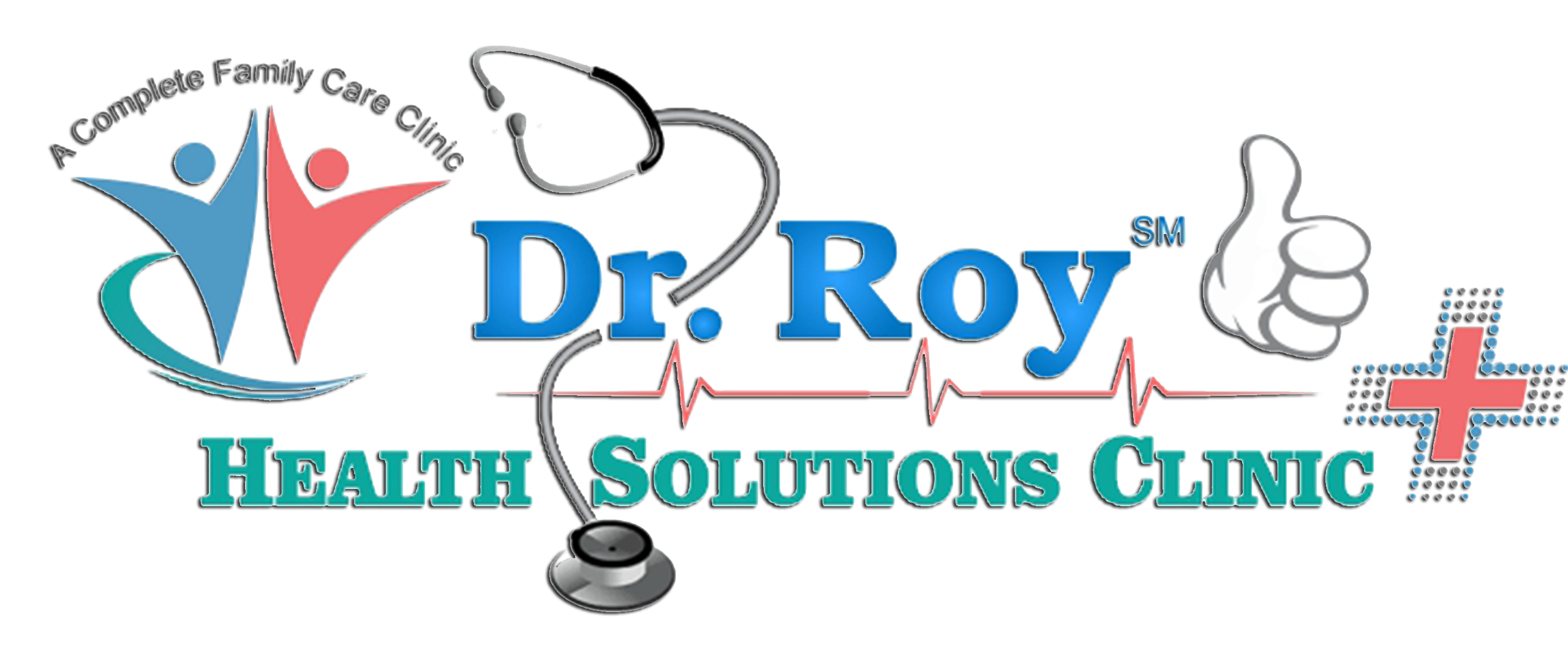Food Allergy Question & Answers
Experts answer your questions about content in the new Food Allergy Guidelines
Although millions of people around the world suffer from food allergies, until now no standard
recommendations were available to help diagnose, treat and manage patients with known or
suspected food allergy. Now there are several released Guidelines for the Diagnosis and
Management of Food Allergies, which are technical, scientific and designed for healthcare
professionals, also provide plenty of useful information for patients as well. The leading experts in food allergy got together to answer some basic questions.

If my family physician reads these Guidelines, will he/she be better able to diagnose and treat food allergies?
With these Guidelines, will consumers be able to self-diagnose food allergies?

The Guidelines include a section on "natural history." What does that mean?
The Guidelines define a food allergy as “an adverse health effect arising from a specific immune response that occurs reproducibly on exposure to a given food.” What is an adverse health effect?


